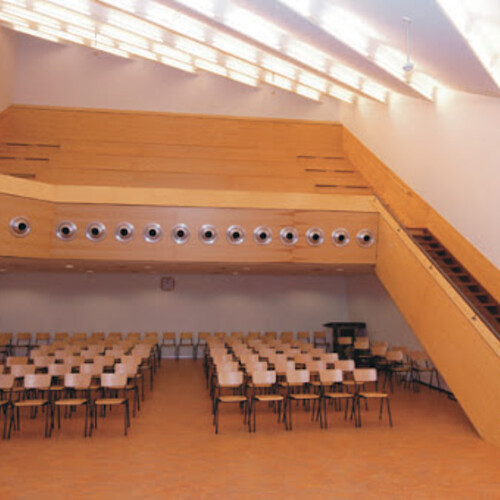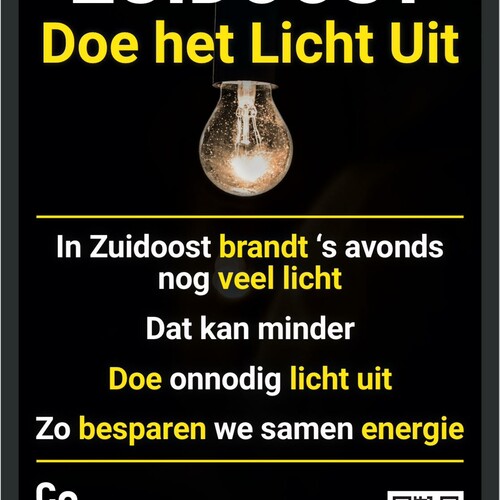Social return is primarily aimed at employment, education, and labor market integration and is aimed at target groups determined by the municipality of Amsterdam in its policy.
A person belongs to the social return target group if they have been unemployed for at
least 3 months and are registered with UWV Werkbedrijf, the municipality, or a similar
institution (Participation Act, WW, WSW, WGA/WIA/AOW, Wajong or NUG scheme).
The application of social return is an aspect of procurement. (European) procurement
rules stipulate that social return must be applied 'during and throughout the execution
of the contract'.Entrepreneurs and other stakeholders collaborate with the municipality on various
(social) societal challenges within the framework of the Master Plans for the Southeast,
New West, and North Approach districts. With its Social Return 2.0 approach,
Amsterdam has opted for a broad and flexible implementation of social return, including
the possibility of supporting social initiatives (see above). Contractors with a social
return obligation (special implementation condition) are actively invited to contribute to
the Amsterdam Master Plans.Creating jobs is the primary focus of the (initial) discussion with the Social Return
Bureau Amsterdam about implementation. In some cases, this may not be possible, for example, because the labor component in the tender is low, it involves highly specialized work, or simply because there are insu^icient labor resources available at that time. Supporting a social project is then an (alternative) option. Often, contractors already have an a^inity for a specific social task or target group and see an opportunity to fulfill their own CSR ambitions.
In such cases, a project proposal can be submitted to the Social Return Bureau. The main criteria for evaluating the proposal are:
- a. Which social tasks of the municipality of Amsterdam does one want to contribute to
- b. For whom - the social return target group or another vulnerable target group
- c. What investments in time, expertise, or money does one want to account for as< social return implementation in Amsterdam and with what project result
- d. Funding should primarily focus on results for the target group, not on financing (overhead) of the non-profit organization itself.
 Bureau Social Return
Bureau Social Return

